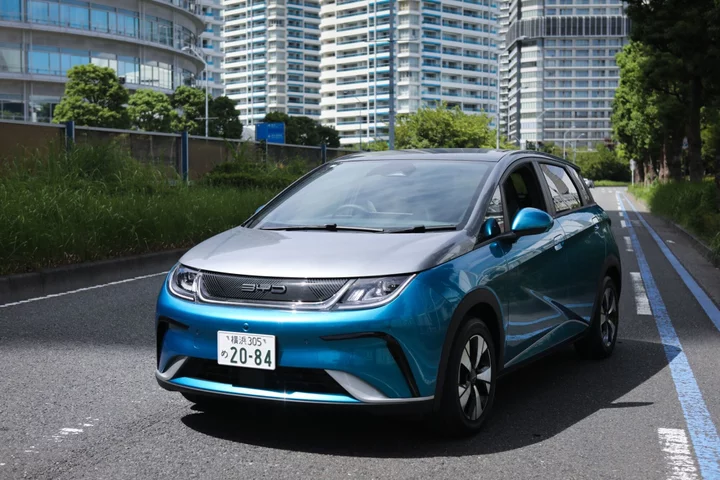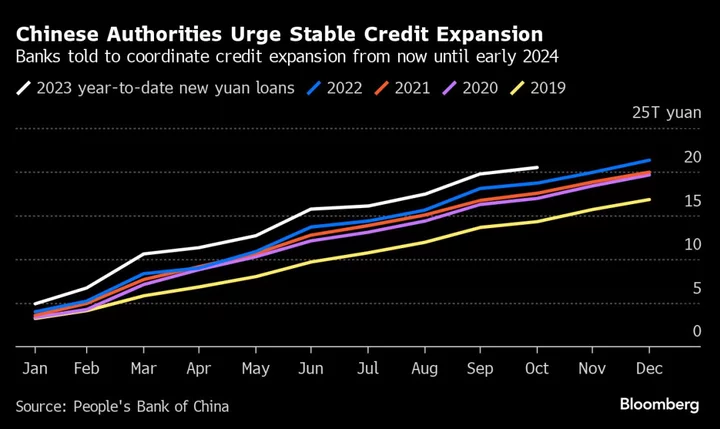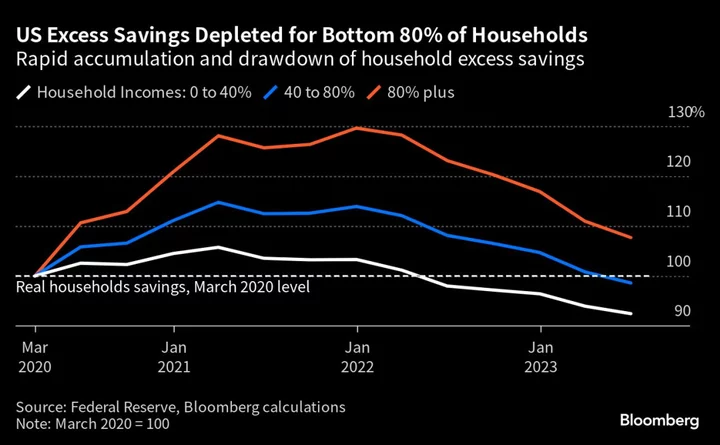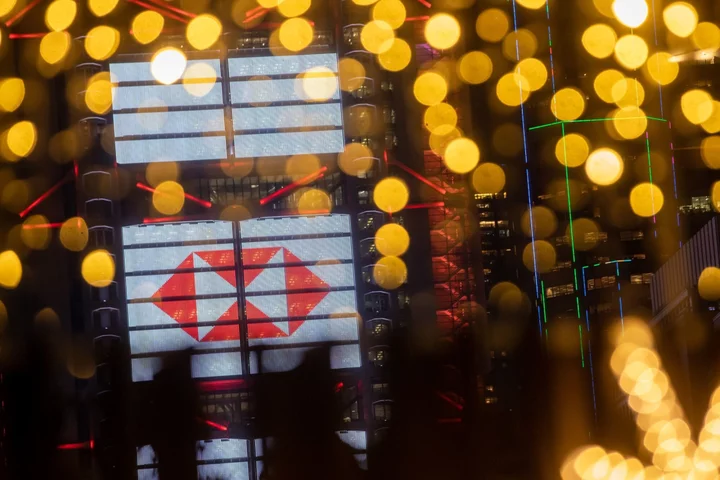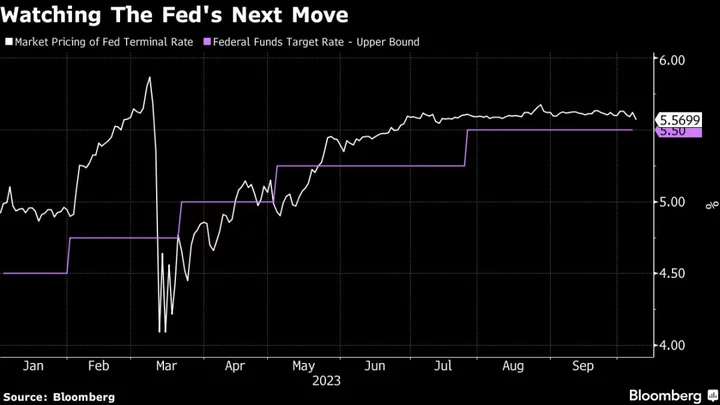The pressure is on Japan’s carmakers at this week’s Japan Mobility Show to prove they’re serious not only about going carbon neutral, but also revolutionizing the way people and goods move around.
The event gets underway Thursday as the rebranded and family-friendly successor to the Tokyo Motor Show, which began in 1954 and was last held in 2019, attracting 1.3 million attendees before going into hiatus during the pandemic. The goal this year is to get 1 million visitors, organizers said.
Toyota Motor Corp., Honda Motor Co. and Nissan Motor Co. and other Japanese brands — long criticized for their hesitation to phase out gasoline-powered cars — are under pressure to show that they’re willing and able to leverage decades of experience building and designing cars to navigate the global shift toward electrification and automation.
Battery electric vehicles accounted for only 1.5% of new car sales in Japan in 2022, compared with 6% in the US and nearly 20% and climbing in China, according to BloombergNEF.
“There’s a strong concern that the growing costs of energy and labor will make it difficult to manufacture in Japan, let alone sell cars,” said Masami Tanaka, director general of the Japan Automobile Manufacturers Association’s Next-Generation Mobility Division. “Key industries need support for the sake of the country’s economic growth.”
Although Japan’s top carmakers pioneered the use of hybrid technology, they have also asserted that the global EV transition will take longer than expected and vary by region. As a result, they have advocated for the use of multiple approaches to reducing emissions, which has drawn ire from environmental advocacy groups.
For this week’s show, almost 500 companies have signed up, but only three foreign carmakers will be on display: China’s EV leader BYD Co., as well as German luxury brands Mercedes-Benz Group AG and BMW AG.
To an extent, the lack of EV uptake in Japan also means that it’s challenging for non-Japanese companies to grab market share. Mercedes-Benz, BYD and Hyundai Motor Co. are already selling fully electric cars in Japan, although in limited numbers. Meanwhile, the potential for Chinese brands such as BYD to grow in the country is limited, according to Bloomberg Intelligence senior auto analyst Tatsuo Yoshida.
“The Mobility Show is a good opportunity to better understand their business strategy,” Yoshida said.
Lexus, Toyota’s luxury brand, will reveal a lineup of battery-electric concept cars, stepping into its role as the centerpiece of the automaker’s electrification strategy announced earlier this year. Toyota said it will also unveil an electric concept car slated to hit the market in 2026, the same year Chief Executive Officer Koji Sato promised the company would roll out 10 new electric models and begin selling 1.5 million battery EVs annually.
Honda will showcase a concept car and a motorcycle, both made from recycled acrylic resin, as well as an autonomous driving system assisted by artificial intelligence. Nissan, Suzuki Motor Corp. and Subaru Corp. will also debut concept EVs.
Most Japanese carmakers have made commitments to increase EV production and slash emissions, but none have yet produced a market-ready EV that can compete with BYD or Elon Musk’s Tesla Inc. Japanese EVs probably won’t hit the market in earnest until 2025, at the earliest.

